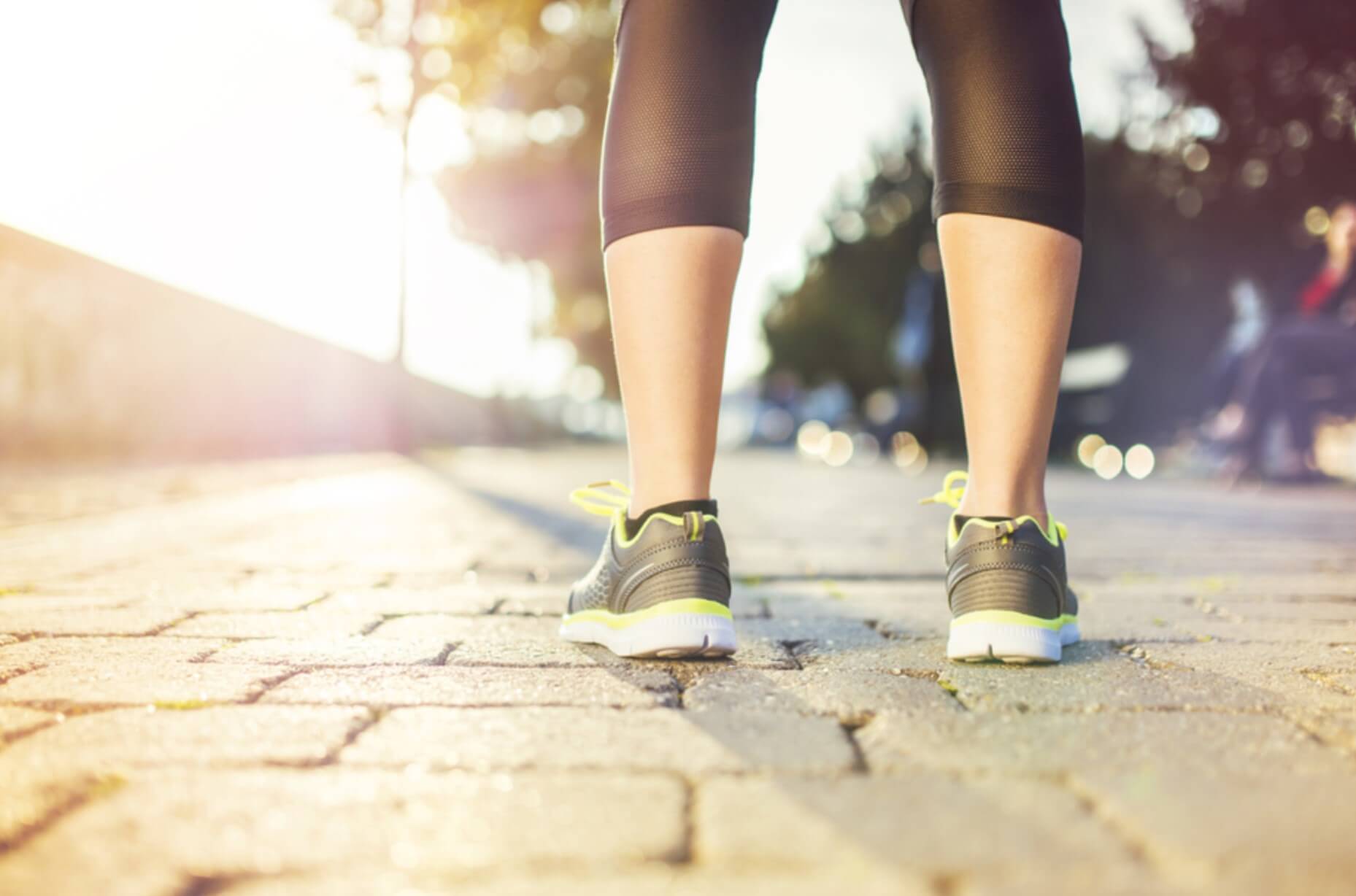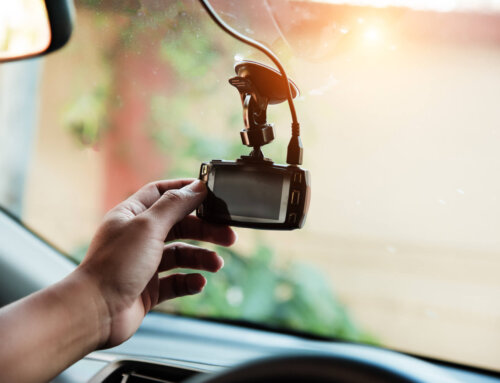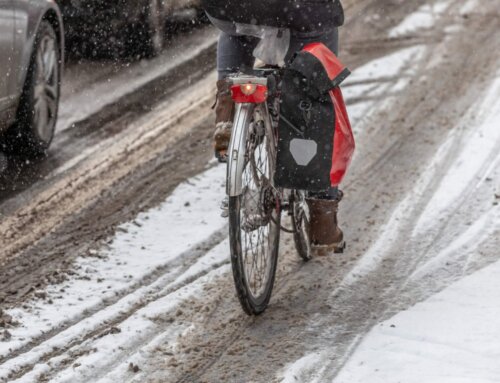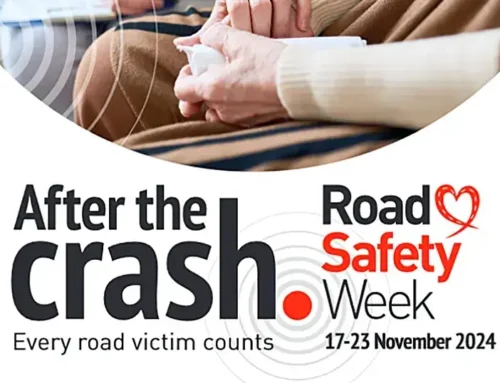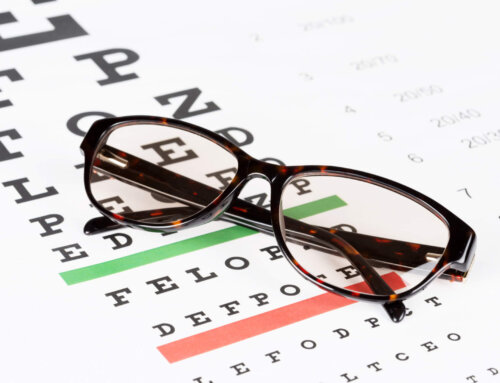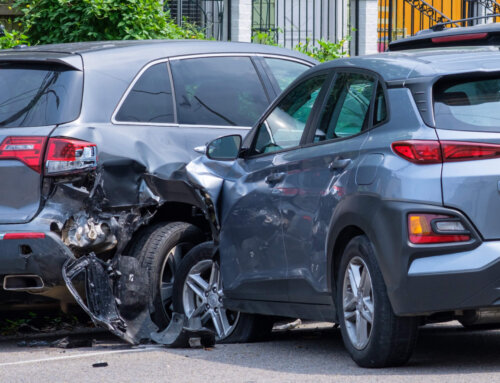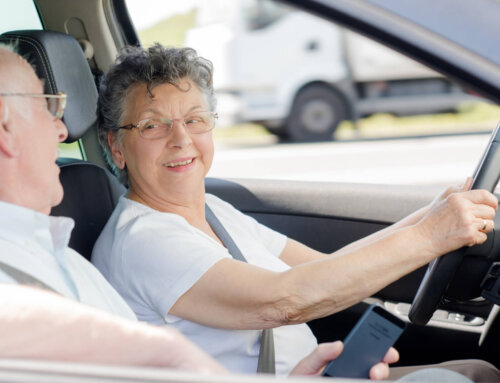A survey carried out by Sport England, released in April 2021, found that between November 2019 and November 2020, approximately 7.1 million people in England went out for a run at least twice within a period of 28 days. This figure was a 460,000 increase on the same statistics for the previous 12 months.
Lockdown saw runners take to the streets, paths and running tracks like never before. According to a Public Health England report, the running app, Couch to 5k, had gone past the 5 million download mark by July 2021.
Those new to it found out what seasoned runners have always known. There are so many positives to running: both physical and mental. The downsides? There aren’t many, although getting an injury is no fun. Still, runners who stay runners become used to managing their way around niggles and learning how to prevent them.
As the nation opens up once more, there are also a few other situations runners need to be aware of, particularly as the roads, pavements, parks, and tracks become busier. Being aware of the potential dangers each of the four following situations may pose is the starting point to addressing any potential problems.
However, there are occasions, where despite your best endeavours, incidents will happen that call for the services of an experienced personal injury solicitor.
1. Pedestrian accident
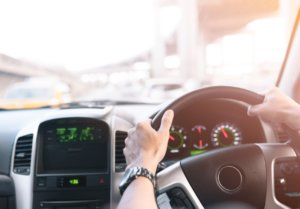
Sadly, many motorists seem to fail to realise this. Sometimes road runners have no other option but to run on the road itself, particularly in less built-up areas. New Highway Code Rules will come in later this year. It is anticipated that motorists will be required to’ leave a gap of at least 2 metres when overtaking past pedestrians and cyclists. The ‘rule’ is likely to be advisory rather than mandatory.
Speeding motorists who fail to slow down or give a wide berth to runners represent one of the biggest threats to a runner’s safety. There were over 14,000 pedestrian injuries in road traffic accidents in 2020 and 355 fatalities.
Other than avoiding road running altogether (and why should they), staying safe is to some extent in a runner’s own hands. The adage which says, ‘always run facing oncoming traffic’ still generally applies, but common sense is also an excellent guide to staying alive!
For instance, running on a pavement-less road into a blind bend isn’t recommended! Instead, it’s probably best to cross over the road and run with the traffic in such circumstances.
We’re not a big fan of wearing earphones whilst road running. You wouldn’t wear them whilst driving (we hope), so why would you wear them whilst running? Being alert to the sound of approaching vehicles may stop you from becoming involved in a collision with one.
At road junctions, if you have to stop, stop. Click your watch to pause and cross safely. Don’t try to outrun traffic. It won’t end well.
As a runner, you can only control yourself. You have no power over everyone else. Don’t antagonise motorists with rude gestures (even if they deserve them). Instead, why not give a thumbs up to those who take extra care to pass you safely?
2. Slip, trip or fall accident
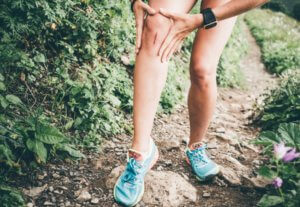
In theory, if you run on the pavement or road, you are much less likely to fall. You do, though, need to be extra vigilant. A fall on the road itself could put you at risk of being run over.
However, the state of the nation’s roads and pavements is nothing less than disgraceful. Tripping hazards abound, with a mixture of uneven and broken flagstones, potholes, and crumbling tarmac. However careful you are, if the defect is upon you before you see it, you will fall. When you do not anticipate a tumble, it tends to result in a more painful outcome.
If you are unfortunate enough to suffer injury through falling or tripping over a defect on the highway (including the pavement), make sure you go back and check it out later. Take photos of the defect close up. If possible, measure the depth of potholes or the height difference between uneven paving stones. Local (and Highways) authorities are under a duty to inspect and maintain public roads and pavements. If they breach this duty and someone gets injured by falling over the defect, the victim may bring a No Win No Fee trip or fall accident claim against the relevant authority.
3. Dog attacks
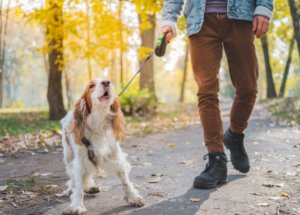
When this happens, the best course of action is to:
- Try and remain calm.
- Slow down on encountering the dog. If necessary, stop altogether.
- Try and keep distance between you and the dog, if necessary, by taking a wider berth to go round it.
- Don’t yell or swear at it. Smile and talk to it in a pleasant voice.
Usually, if you try to act normally and appear calm and undisturbed by the dog, it will lose interest in you and carry on its way.
If all this fails and the dog attacks you inflicting injuries (bites, scratches, or both), you should not let the matter pass. Your immediate priority must be to get treatment for your injuries. Assuming the owner is in the vicinity, insist they provide their contact details.
Later, when you have received medical assistance, call a personal injury solicitor for advice on the prospects of making a dog bite claim against the animal’s owner. It’s not ok for irresponsible dog owners to allow their dogs to cause you harm. Taking out a dog bite claim could be the catalyst that makes the owner keep the animal on a lead, preventing an injury to the next runner owner and dog encounter!
4. Criminal assaults

- 46% of UK women surveyed said they suffered harassed (compared with 9% of men)
- 3% of women runners had been ‘flashed’ by males
- 13% of females reported that they were sexually propositioned whilst our running
- 5% have been groped, grabbed, or otherwise assaulted
The topic of harassment of female runners is too important and complex to discuss in a few sentences. However, whilst the number of physical assaults of women runners in the UK has to date been relatively low, it’s important to point out:
- One assault is one too many
- The potential for the problem to get worse is self-evident
The issue needs addressing at the highest level. In the meantime, incidents of harassment and assault must be reported to the police as the crimes they are.
Victims of assault and sexual assault can and should make criminal injuries compensation claims through the Criminal Injuries Compensation Authority (CICA). An application can successful even if the attacker is not found or charged. A successful CICA claim is not dependent on the perpetrator being prosecuted or convicted.
An experienced criminal injuries compensation solicitor will be able to guide you through the process.

